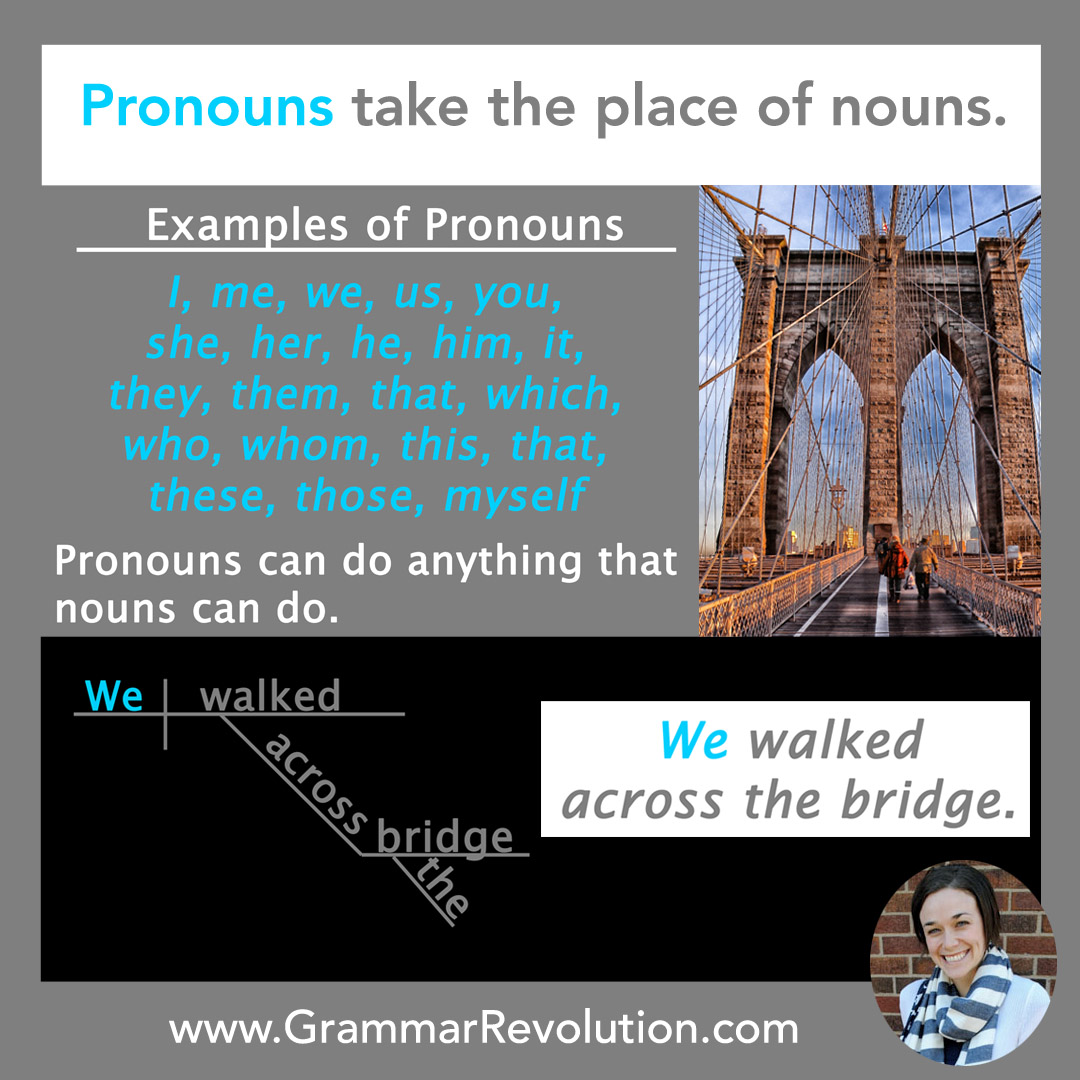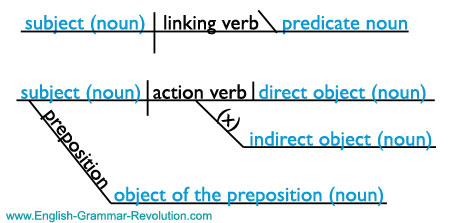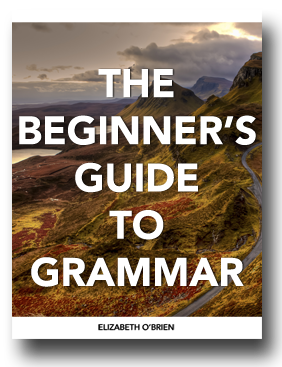Download your free grammar guide here.
Download your free grammar guide here.
Here's a list of pronouns!
Here's a list of pronouns!
- Home
- Word Lists
- List of Pronouns
Before you look at the list of pronouns, let's have a quick refresher on the definition of a pronoun.

A pronoun is a word that takes the place of one or more nouns. If you want more information on these guys, check out the pronouns page.
The tables below show a list of pronouns for the following types of pronouns:
personal, relative, demonstrative, indefinite, reflexive,
intensive, interrogative, possessive, subject and object
Here's The List of Pronouns
Personal PronounsThese take the place of common and proper nouns. |
Singular | Plural |
| First Person: The person or people speaking or writing | I me |
we us |
| Second Person: The person or people being spoken or written to | you (Learn the story of you.) |
you |
| Third Person: The person, people, or things being spoken or written about | she, her he, him (they, them*) it |
they them |
* They/them are generally not singular pronouns, but keep in mind that some people use they/them as gender-neutral, singular pronouns.
Relative PronounsThese relate subordinate adjective clauses to the rest of the sentence. |
that, which, who, whom, whose, whichever, whoever, whomever |
Demonstrative PronounsThese represent a thing or things. |
Singular | Plural |
| Refers to things that are nearby | this | these |
| Refers to things that are far away | that | those |
Indefinite PronounsThese refer to something that is unspecified. |
|
| Singular | anybody, anyone, anything, each, either, everybody, everyone, everything, neither, nobody, no one, nothing, one, somebody, someone, something |
| Plural | both, few, many, several |
| Singular or Plural | all, any, most, none, some |
Reflexive PronounsThese end in -self or -selves. |
Singular | Plural |
| First Person: The person or people speaking or writing | myself (Do you misuse myself?) |
ourselves |
| Second Person: The person or people being spoken or written to | yourself | yourselves |
| Third Person: The person, people, or things being spoken or written about | himself, herself, itself | themselves |
Interrogative PronounsThese are used to ask questions. |
what, who, which, whom, whose |
Possessive PronounsThese are used to show ownership. |
Singular | Plural |
| Used Before Nouns These actually function as adjectives. Crazy! |
my your his, her, its |
our your their |
| Used Alone | mine yours his, hers |
ours yours theirs |
Subject and Object Pronouns |
Singular | Plural |
| Subjects tell us whom or what the sentence is about. | I you she, he, it |
we you they |
| Objects: direct objects, indirect objects, objects of prepositions | me you her, him, it |
us you them |
Would you like to download these word lists?
Sentence Diagramming & Pronouns
Sentence diagramming is a visual way to show how the words in a sentence are related to each other.
It's also really fun!


Hello! I'm Elizabeth O'Brien, and my goal is to get you jazzed about grammar.
I hope this has helped you learn a bit more about pronouns.
This is original content from https://www.english-grammar-revolution.com/list-of-pronouns.html
Our Free Guide Gives You A Fun Way
To Teach And Learn The Basics v

Elizabeth O'Brien is the creator of Grammar Revolution.
Her lessons are guaranteed to give you more confidence in your communication skills and make you smile. :)
Other Helpful Resources
- Soft School's Alphabetical List of Pronouns (Web Page)


